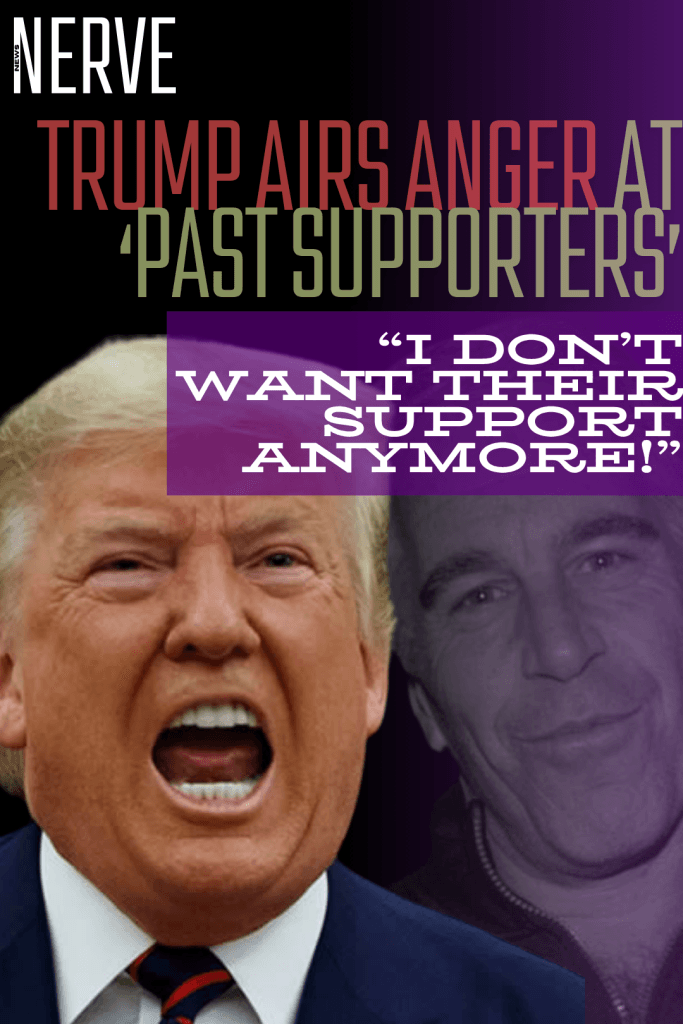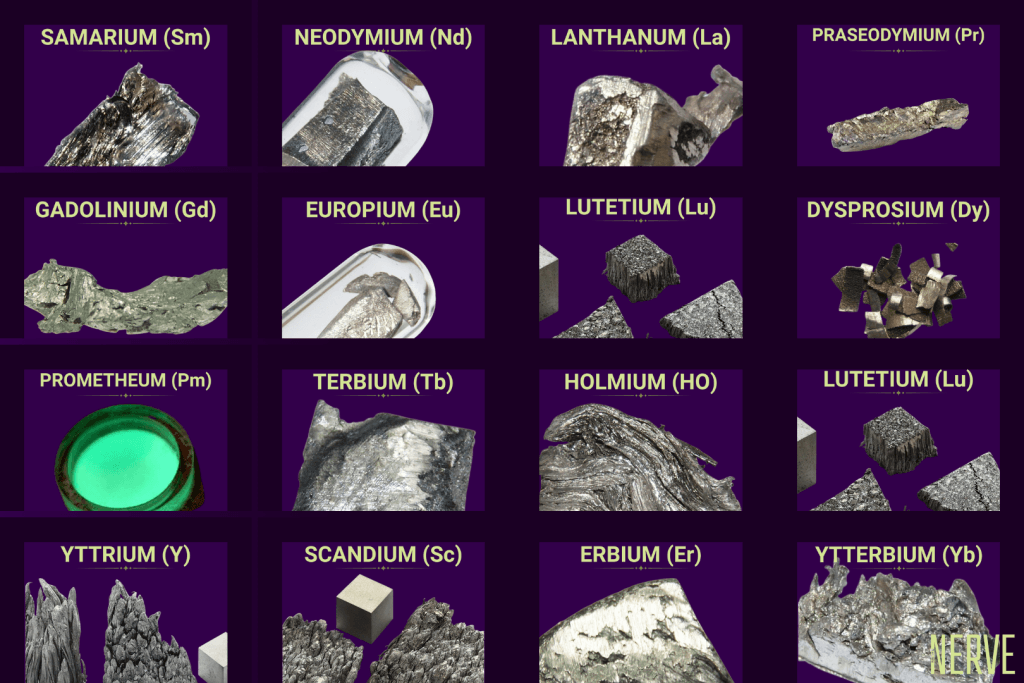On July 23, 2025, Judge Robin L. Rosenberg issued a decisive ruling denying the Department of Justice’s motion to unseal transcripts from the 2005 and 2007 grand jury investigations into Jeffrey Epstein. The DOJ, backed by an under-pressure Trump administration, cited public interest and demand for transparency around allegations of sex trafficking. However, Judge Rosenberg concluded that the request did not satisfy the legal exceptions required under Eleventh Circuit precedent.
Legal Basis and Rationale:
The crux of Rosenberg’s decision rested on two key points:
- Grand Jury Secrecy Rules: Federal law, reinforced by Eleventh Circuit precedents, strictly bars disclosure of grand jury materials unless narrow exceptions are met. Rosenberg emphasized that the DOJ’s appeal grounded solely in public interest was insufficient.
- Jurisdictional Integrity: When DOJ requested a transfer of the case to the Southern District of New York—where concurrent petitions regarding Epstein and Maxwell transcripts were underway—Rosenberg declined. She reaffirmed that Florida’s courts retained sole jurisdiction over the 2005 and 2007 material.
During the hearing, Rosenberg reportedly remarked that the “court’s hands are tied” in cases lacking a legally permissible justification. She further ordered a new case be opened to document both the DOJ’s petition and her denial for transparency in the public record.
Strategic and Political Context:
- DOJ pressure: The request came amid mounting pressure from President Trump’s base. Supporters sought revelations of a supposed “Epstein client list” and possible evidence tying high-profile individuals to Epstein’s network.
- Prior DOJ assessment: A DOJ memo from July 6 concluded no “client list” was discovered and affirmed Epstein’s death was determined a suicide. That memo set the stage for the petition which Rosenberg ultimately rejected.
- Concurrent filings: The DOJ has two more unsealing requests pending in New York—one connected to Epstein’s 2019 sex trafficking indictment, the other tied to Ghislaine Maxwell’s 2020 case. Those courts are awaiting further briefing and analysis of legal thresholds.
- Political Stakes: President Trump has publicly distanced himself from supporters continuing to press for answers in the Epstein case, even as his own DOJ seeks unsealing of grand jury records. This contradiction has come into sharp relief following a federal judge’s decision to block those efforts.
- Obama Pivot
Next Steps:
- For DOJ: The agency is likely to appeal to the Eleventh Circuit or double‑down on parallel efforts in New York. Watch for developments from Maxwell proceedings: her team has opposed unsealing in Manhattan, citing rights and privacy concerns.
- For political dynamics: The rejection may energize advocates pushing for declassification, but it also underscores the legal limits confronting courts when addressing demands for historical transparency. Legislative interest may escalate: certain House members are exploring subpoenas directed at DOJ for access to raw case files.




